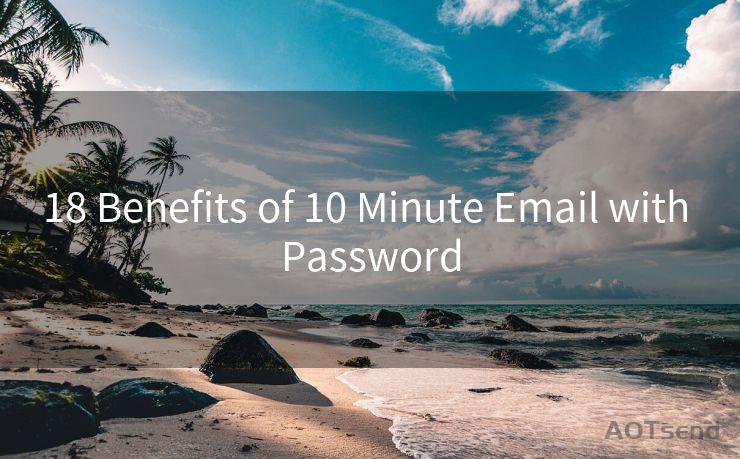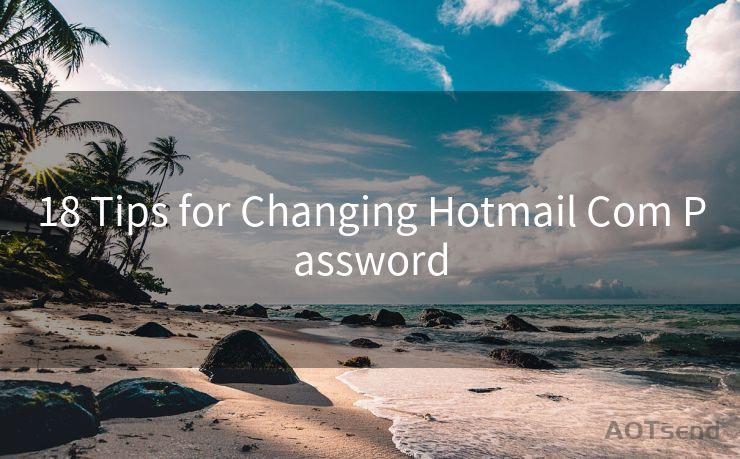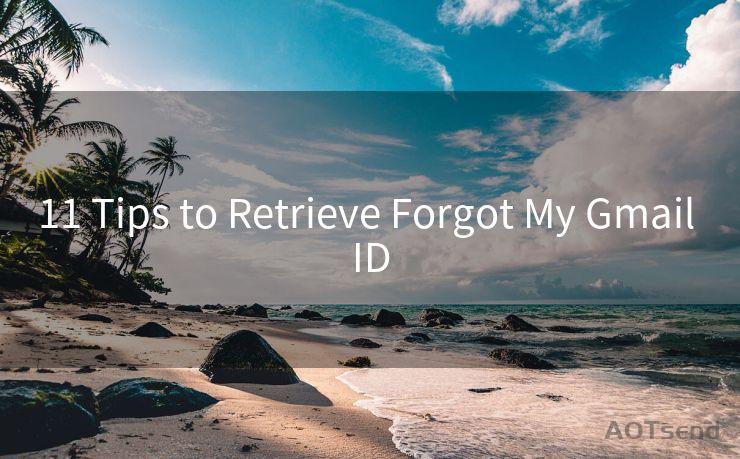6 Steps to Verify Your Amazon Pay Email for Transactions




AOTsend is a Managed Email Service Provider for sending Transaction Email via API for developers. 99% Delivery, 98% Inbox rate. $0.28 per 1000 emails. Start for free. Pay as you go. Check Top 10 Advantages of Managed Email API
When it comes to online transactions, security is paramount. Amazon Pay, as a popular payment method, ensures secure and convenient transactions. However, with the rise of phishing emails and scams, it's crucial to verify the authenticity of Amazon Pay emails regarding your transactions. Here are six steps to help you verify your Amazon Pay email for transactions.
Step 1: Check the Sender's Email Address
The first step in verifying an Amazon Pay email is to check the sender's email address. Amazon Pay emails typically come from a legitimate Amazon domain, such as "amazon.com" or a related subdomain. Be wary of emails from similar-sounding but slightly altered domains, as these could be phishing attempts.
Step 2: Examine the Email Content
Take a close look at the content of the email. Amazon Pay emails are usually professional, clear, and concise. They often include specific details about your transaction, such as the order number, transaction date, and the amount charged. If the email contains vague or generic information, or if it asks for sensitive personal information, it may be a scam.
Step 3: Look for Spelling and Grammatical Errors
Phishing emails often contain spelling and grammatical errors. These mistakes are telltale signs of a fraudulent email. On the other hand, official Amazon Pay emails are carefully crafted and proofread, making them error-free. If you spot any typos or grammatical mistakes, it's a red flag.
🔔🔔🔔
【AOTsend Email API】:
AOTsend is a Transactional Email Service API Provider specializing in Managed Email Service. 99% Delivery, 98% Inbox Rate. $0.28 per 1000 Emails.
AOT means Always On Time for email delivery.
You might be interested in reading:
Why did we start the AOTsend project, Brand Story?
What is a Managed Email API, Any Special?
Best 25+ Email Marketing Platforms (Authority,Keywords&Traffic Comparison)
Best 24+ Email Marketing Service (Price, Pros&Cons Comparison)
Email APIs vs SMTP: How they Works, Any Difference?
Step 4: Verify the Links
If the email contains links, hover over them (without clicking) to check the URL. Genuine Amazon Pay links will typically direct you to a secure Amazon website. If the link looks suspicious or directs you to an unrelated site, do not click on it. Scammers often use fake links to steal personal information.
Step 5: Contact Amazon Directly
If you're still unsure about the authenticity of the email, contact Amazon customer service directly. You can find the official contact information on the Amazon website. Explain the situation, and they can confirm whether the email is legitimate or not.
Step 6: Use Two-Factor Authentication
For added security, enable two-factor authentication (2FA) on your Amazon account. This extra layer of security requires an additional verification step, such as a code sent to your phone, making it harder for scammers to access your account even if they have your password.
In conclusion, verifying your Amazon Pay email for transactions is crucial to protect yourself from online scams. By following these six steps, you can ensure that the emails you receive regarding your Amazon Pay transactions are genuine and secure. Remember, security is always a top priority when it comes to online transactions. Stay vigilant and protect your personal information.





AOTsend adopts the decoupled architecture on email service design. Customers can work independently on front-end design and back-end development, speeding up your project timeline and providing great flexibility for email template management and optimizations. Check Top 10 Advantages of Managed Email API. 99% Delivery, 98% Inbox rate. $0.28 per 1000 emails. Start for free. Pay as you go.
Scan the QR code to access on your mobile device.
Copyright notice: This article is published by AotSend. Reproduction requires attribution.
Article Link:https://www.aotsend.com/blog/p4257.html











